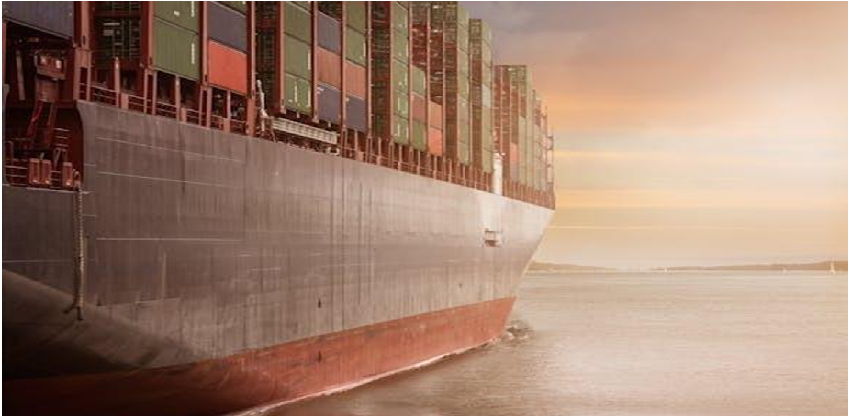Choosing the Right Partner: Selecting a Provider for Integrated Logistics Solutions

In today’s complex and highly competitive business landscape, efficient and seamless logistics operations are crucial for success. Whether you are a manufacturer, distributor, or retailer, your supply chain’s performance can significantly impact your bottom line. To optimize your logistics processes, it’s essential to partner with the right integrated logistics solutions provider. This decision involves careful consideration of various technical aspects to ensure that your logistics partner aligns with your business goals and objectives.
The Importance of Integrated Logistics Solution
Integrated logistics solutions encompass a holistic approach to managing your supply chain. It involves the coordination and synchronization of various processes, including procurement, transportation, warehousing, inventory management, and order fulfilment. The goal is to streamline operations, reduce costs, improve customer satisfaction, and enhance overall supply chain visibility.
Choosing the right partner for integrated logistics solutions is a strategic decision that requires a deep understanding of your business needs and the technical capabilities of potential providers. Here are some key technicalities to consider when selecting an integrated logistics solutions partner:
Technology Infrastructure
A robust technology infrastructure is the backbone of any successful integrated logistics solution. Your provider should have state-of-the-art software and systems that enable real-time tracking, data analytics, and seamless communication across the supply chain. Look for technologies such as:
Warehouse Management Systems (WMS): These systems optimize inventory control, order processing, and warehouse operations. They should be capable of handling multiple locations and integrating with other software.
Transportation Management Systems (TMS): TMS software helps optimize transportation routes, carrier selection, and shipment tracking. It should provide visibility into carriers’ performance and offer cost-saving opportunities.
Enterprise Resource Planning (ERP) Integration: Integration with your ERP system is critical for data accuracy and seamless information flow. Ensure compatibility and efficiency between your ERP and the logistics provider’s systems.
Global Reach and Network
If your business operates on a global scale or has aspirations to expand internationally, it’s vital that your logistics partner has a broad and well-established network. Assess their global reach and capabilities, including:
International Freight Forwarding: Evaluate their relevant freight forwarding experience in handling international shipments, customs clearance, and compliance with international regulations.
Global Warehousing and Distribution: Ensure they have warehouses strategically located worldwide to facilitate efficient storage and distribution of goods.
Multi-Modal Transportation: A capable partner should offer a range of transportation options, including air, sea, rail, and trucking, to accommodate your specific needs.
Scalability and Flexibility
Your logistics requirements may change over time due to fluctuations in demand, market dynamics, or business expansion. It’s crucial to partner with a provider that can scale its services up or down to meet your evolving needs. Ask about their capacity to handle peak seasons, sudden volume spikes, or changes in product lines.
Risk Mitigation and Compliance
Logistics operations involve inherent risks, from cargo damage to regulatory compliance issues. Your provider should have robust risk mitigation strategies in place, as well as a comprehensive understanding of industry regulations and compliance standards. They should also have contingency plans for unforeseen disruptions, such as natural disasters or labour strikes.
Performance Metrics and KPIs
Measuring the success of your logistics operations is essential to continuous improvement. Work with a provider that offers key performance indicators (KPIs) and performance metrics tailored to your business goals. These should include metrics related to on-time delivery, order accuracy, inventory turnover, and cost savings.
Customer Support and Service Level Agreements (SLAs)
Effective communication and responsive customer support are vital for resolving issues quickly and ensuring a smooth supply chain operation. Establish clear SLAs with your logistics partner, outlining expectations for response times, issue resolution, and ongoing support.
Cost Transparency
While cost is a significant factor in selecting a logistics partner, it’s essential to consider the total cost of ownership rather than just the upfront pricing. Seek a provider that offers transparency in pricing and cost breakdowns, allowing you to make informed decisions.
Sustainability Initiatives
In today’s environmentally conscious world, sustainability is something that is on everyone’s priority lists. Assess your potential logistics partner’s commitment to sustainability and inquire about their efforts to reduce carbon emissions, implement green practices, and minimize environmental impact.
Conclusion
Selecting the right partner for integrated logistics solutions is a critical decision that can significantly impact your business’s efficiency, competitiveness, and profitability. By carefully evaluating technical aspects such as technology infrastructure, global reach, scalability, risk mitigation, performance metrics, customer support, cost transparency, and sustainability initiatives, you can make an informed choice.





